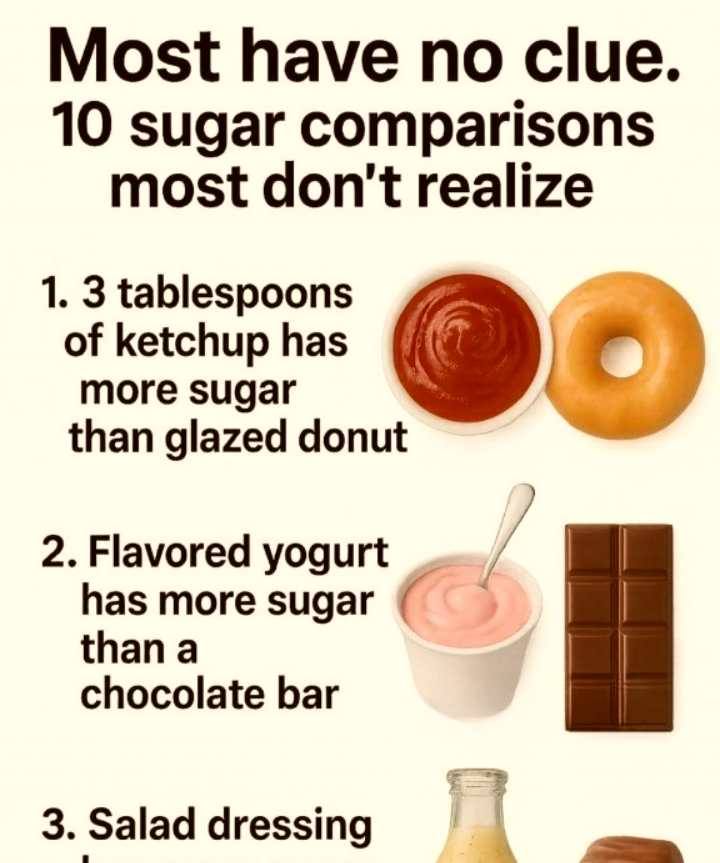ADVERTISEMENT
### 7. **Stevia vs. Artificial Sweeteners**
**What’s the Difference?**
Stevia is a natural, plant-derived sweetener, while artificial sweeteners like aspartame and sucralose are synthetic.
– **Stevia**: A natural sweetener that is 50-300 times sweeter than sugar but contains no calories.
– **Artificial Sweeteners**: Chemically engineered and often much sweeter than sugar, with little or no calories.
**Health Impact**: Stevia is considered a safe and healthy alternative to sugar because it is natural, non-caloric, and doesn’t raise blood sugar levels. Artificial sweeteners, on the other hand, may have potential health risks, including links to increased cravings for sweet foods and possible effects on gut bacteria. However, research is still ongoing.
**Conclusion**: Stevia is a better option than artificial sweeteners, as it is natural, non-caloric, and does not interfere with blood sugar regulation.
### 8. **Date Sugar vs. Refined Sugar**
**What’s the Difference?**
Date sugar is made from dried dates and is often considered a more natural sweetener compared to refined sugar.
– **Date Sugar**: Contains fiber, antioxidants, and a small amount of vitamins and minerals.
– **Refined Sugar**: Is pure sucrose, without any vitamins, minerals, or fiber.
**Health Impact**: Date sugar is a more nutritious option than refined sugar, thanks to its fiber and antioxidant content. However, it is still a sugar and should be consumed in moderation.
**Conclusion**: Date sugar is a better choice than refined sugar due to its added nutrients, but it’s still a form of sugar.
### 9. **Fruit Juices vs. Whole Fruits**
**What’s the Difference?**
Fruit juices are often marketed as healthy beverages, but they can have a significant amount of sugar.
– **Fruit Juices**: Often lack the fiber found in whole fruits and can contain added sugars.
– **Whole Fruits**: Contain natural sugars along with fiber, vitamins, and minerals.
**Health Impact**: Whole fruits provide fiber, which slows sugar absorption, while fruit juices can cause a rapid spike in blood sugar levels. Even 100% fruit juices are high in sugar and lack the satiety and nutritional benefits of whole fruits.
**Conclusion**: Whole fruits are always the better choice compared to fruit juices due to their fiber content and more gradual effect on blood sugar.
### 10. **Sugar Alcohols vs. Sugar**
**What’s the Difference?**
Sugar alcohols, like xylitol and erythritol, are sweeteners that contain fewer calories than sugar.
– **Sugar Alcohols**: Lower in calories and do not raise blood sugar as much as regular sugar. However, they can cause digestive discomfort in some people when consumed in large quantities.
– **Sugar**: Provides full calories and significantly impacts blood sugar levels.
**Health Impact**: Sugar alcohols can be a good alternative for people looking to reduce calorie intake and manage blood sugar levels. However, they should still be consumed in moderation to avoid digestive issues.
**Conclusion**: Sugar alcohols are a lower-calorie alternative to sugar, but they may cause digestive issues if consumed in large amounts.
### Final Thoughts
Understanding the different types of sugar and their health impacts can empower you to make better choices when it comes to sweeteners. While natural alternatives like honey, maple syrup, and coconut sugar offer some benefits over refined sugars, it’s essential to remember that all sugar sources should be consumed in moderation. Prioritizing whole foods, minimizing processed sugar intake, and making informed decisions about your diet can help you lead a healthier, balanced lifestyle.
